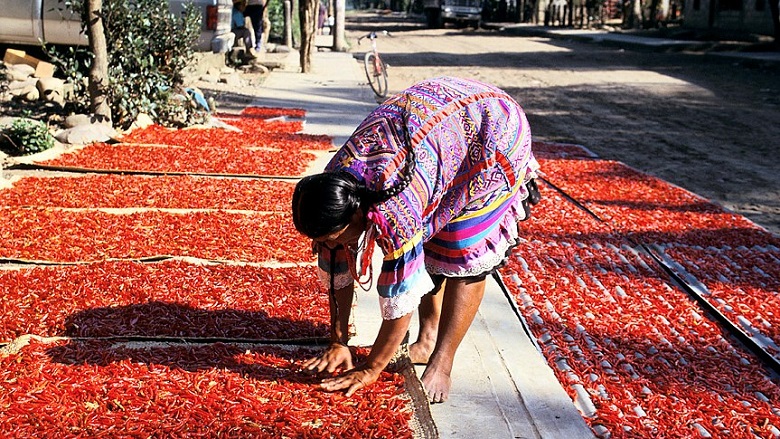Making it easier for small farmers and business owners in rural Mexico to get credit has been the keystone of a successful World Bank project to expand access to finance.
While Mexico’s cities are better served by the financial sector, access to credit in rural areas is underdeveloped, leaving farmers and rural businesses with a few financing options and hindering local growth.
To spur rural development, Mexico’s government and its Rural Financial Development Finance Institution (FND, Financiera Nacional de Desarrollo) approached the World Bank Group to help expand credit into the rural economy.
FND works to strengthen local rural financial institutions to expand financial access to farmers and businesses and to encourage private investment in rural areas.
Financial institutions in rural areas are often small and with limited scope, but they are key in reaching clients in less populated, remote areas.
Over the past year, 101 rural financial institutions have registered to participate in the Bank’s Expanding Rural Finance project, which has just completed its first year. They have disbursed US$92 million by extending 45,000 credit lines to 40,000 farmers and small rural businesses, with the average loan totaling US$2,000, according to the latest data from June 2017.
The project is also making significant inroads in extending access to finance among women and traditionally marginalized groups.
In fact, women agricultural producers and micro, small and medium enterprises (MSMEs) account for 78% of recipients, and 6% of them are first time borrowers. Also, 14% of them come from highly marginalized communities, a classification that the Mexican government (CONAPO) uses to measure poverty.
As part of its counterpart finance, FND has provided 235 technical assistance sessions – known as apoyos -- to 177 rural financial institutions. FND is also working toward modernizing its core banking system and reengineering its credit processing to strengthen institutional capacity for sustainable rural finance.

